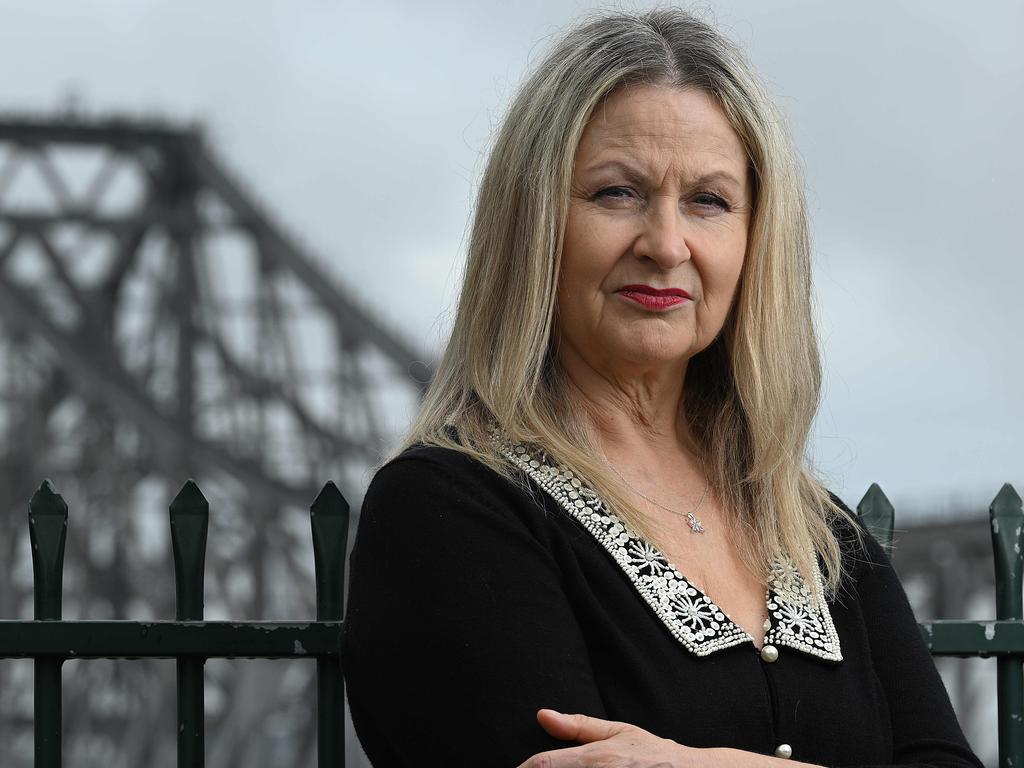Is the ACT chief justice a crusading reformer or a judge? Time to pick one, Lucy McCallum


The intractable problem is that the ACT’s most senior judge Lucy McCallum may well have put herself on a collision course, not just with senior barristers, but potentially with the separation of powers.
Our liberal democracy is built around the clear separation of powers. The government and the legislature make the laws. Judges apply the law. Judges do not make the law and should not interpret or administer it in a way that in substance changes the law.
No wonder lawyers in the ACT are in revolt. McCallum, they say, has given the impression to many people, especially lawyers, that she can hold down two roles: that of a chief justice of the Supreme Court, and that of a law reformer.
When a judge signals that she wants changes to how sexual assault cases are conducted in such a way as to correct some “imbalance”, some lawyers in the ACT believe there is a significant risk she’s entering the political realm.
If law reform is where her passion lies, it would be far better for the criminal justice system if she joined an advocacy group, or put herself forward to parliament.
This collision course between the Chief Justice and lawyers could have profound consequences one way or the other, not just for people accused of sexual assault, and their defence lawyers. If judges, of all people, appear to step into the political arena by suggesting that a fair trial is an intractable problem, then we could all be in trouble.
A fair trial is not a problem, let alone an intractable one. A fair trial is the principle that underpins our justice system. Without it, we may as well get rid of courts – and judges – and pack an accused directly off to jail on the basis of an untested allegation.
McCallum’s other comments are equally troubling. She said that the unfortunate message for sexual assault complainant – given the presumption of innocence afforded to an accused person – is that “We are entitled to think you might be lying until you prove that you’re not.
“That’s not quite how the system works but that’s the messaging,” she said.
What garbled nonsense from the territory’s most senior judge.

Of course, a complainant does not have to prove they are telling the truth. They are not a party to a criminal action. They are a witness giving evidence, as in any other trial. It is up to a prosecution to prove that a witness claiming they were raped is telling the truth.
If McCallum is suggesting that a jury is not entitled to think that a complainant might be lying, she is on a collision course with the presumption of innocence. This fundamental principle means that the prosecution bears the burden of proof, meaning that they must prove that a complainant who alleges rape is not lying. In other words, a jury may well find that a complainant is lying.
McCallum has put lawyers, and people accused of sexual assault, in a dreadful position. When they appear in court in front of McCallum, what are they to think after her public comments? Are they to wonder whether the Chief Justice is favour of a fair trial or not? She said a fair trial was “immutable” but she also described a fair trial afforded to an accused as an intractable problem.
Does McCallum believe in the presumption of innocence? Does she understand how these fundamental principles work?
Lawyers are also troubled by the way McCallum described a judge’s duty to disallow “annoying, harassing, humiliating or repetitive” questions, without including the critical qualifier of “unduly” found in the Evidence Act. Does McCallum intend to run cross examinations in her courtroom in accordance with the Evidence Act, or rather as if subject to her own personal amendment to the Act?
Lawyers who express concerns about McCallum’s public foray face another problem. She will know they disagree with her. How will that play out in court? It may have no impact at all, but the fact that senior lawyers are asking these questions shows how inappropriate it is for McCallum to make these comments at all.
Leave it to others to explore law reform. They don’t hold a position of power over an accused, and their lawyers, in a courtroom. That’s why we have the separation of powers, to stop the abuse of power, and the perception of powers being abused.
Given her troubling and muddled comments to a local newspaper, if McCallum was misquoted, she needs to tell us. If she didn’t explain herself as best as she might have, she had better do that.
This debacle shows why judges should stick to their day job, behind the bench, overseeing trials rather than giving the impression that they would rather be law reformers.







It’s one thing to try to reduce delays for sexual assault trials. But when a Chief Justice says ‘there’s an intractable problem in that our overriding task and function is to ensure an accused person has a fair trial’, you had better believe it.